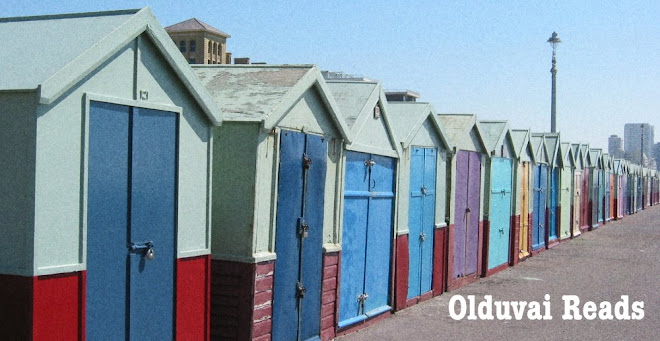"She adored Antoine but she cared for Charles; Antoine made her happy, but she at least did not make Charles unhappy. Cherishing both at once, she didn’t care enough about being of one mind to feel self-contempt for sharing herself between the two of them."Things are further complicated by Antoine’s relationship with the wealthy Diane, who is reluctant to give her young lover up. Charles, who has had his own share of women in the past, is nonchalant, expecting it to lead nowhere. He does love Lucile, although "he didn’t dare let her know just how much he loved her. Not that she would ever have taken any advantage of it, but just that it would have upset her, saddened her. It was already quite unexpected that she hadn’t yet left him. All he offered her, after all, was security, and he knew that that was the least of her concerns. Or at least maybe it was."
Thus begins the lovers’ game of hide and seek, playing it coy at parties and sneaking off to Antoine’s small room several times a week. Inevitably, Antoine issues his ultimatum: him or Charles. The indecisive Lucile (“now she had a day and a half to make up her mind – and prendre une decision was among the most terrifying phrases in the entire French language to her”) stays with Charles for a bit longer, but realizes she wants Antoine: “Her love was there, solid, standing there like a wall separating her from the sun and from life’s comfort, even from the desire to live at all.” Of course, life with Antoine, having to take the Métro, having to – horrors! – work, that is hardly the life for Lucile. She is in love, but will she ever be happy?
That Mad Ache, set in 1960's high-society Paris, is a charming little read. It won’t quite tax one’s brain too much, but it allows one to reflect a little on love and relationships and, ultimately, happiness. Sagan constructs the relationships between the characters admirably well, and Lucile’s musings, especially after she is with Antoine, provides That Mad Ache a greater depth than it first seems to hold.
Translator Douglas Hofstadter appends a lengthy essay to the book, an attempt to “spur thoughtful people to reflect more deeply than perhaps they have on the subtle art of translation.” It is insightful and made this reader more aware of the role of a translator, and also explains his personal devotion to translating the book. His passion for the That Mad Ache (or La Chamade) as well as the art of translation is effusive, but the essay ought to have been edited better; it is broken up into far too many little sections which unfortunately have rather corny headers and is in the end quite a letdown.
Originally reviewed at Curled Up With A Good Book


No comments:
Post a Comment